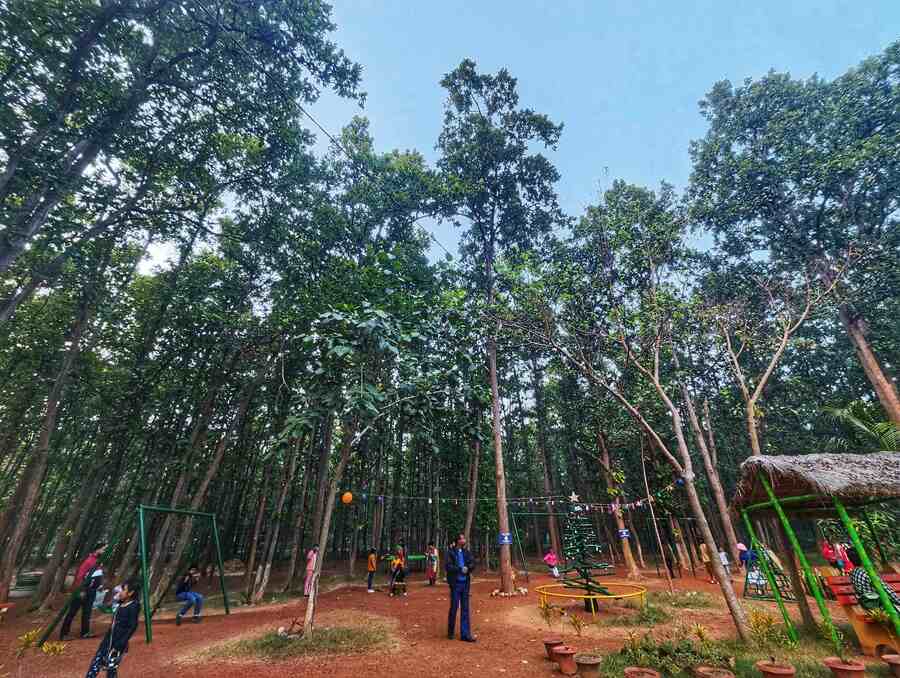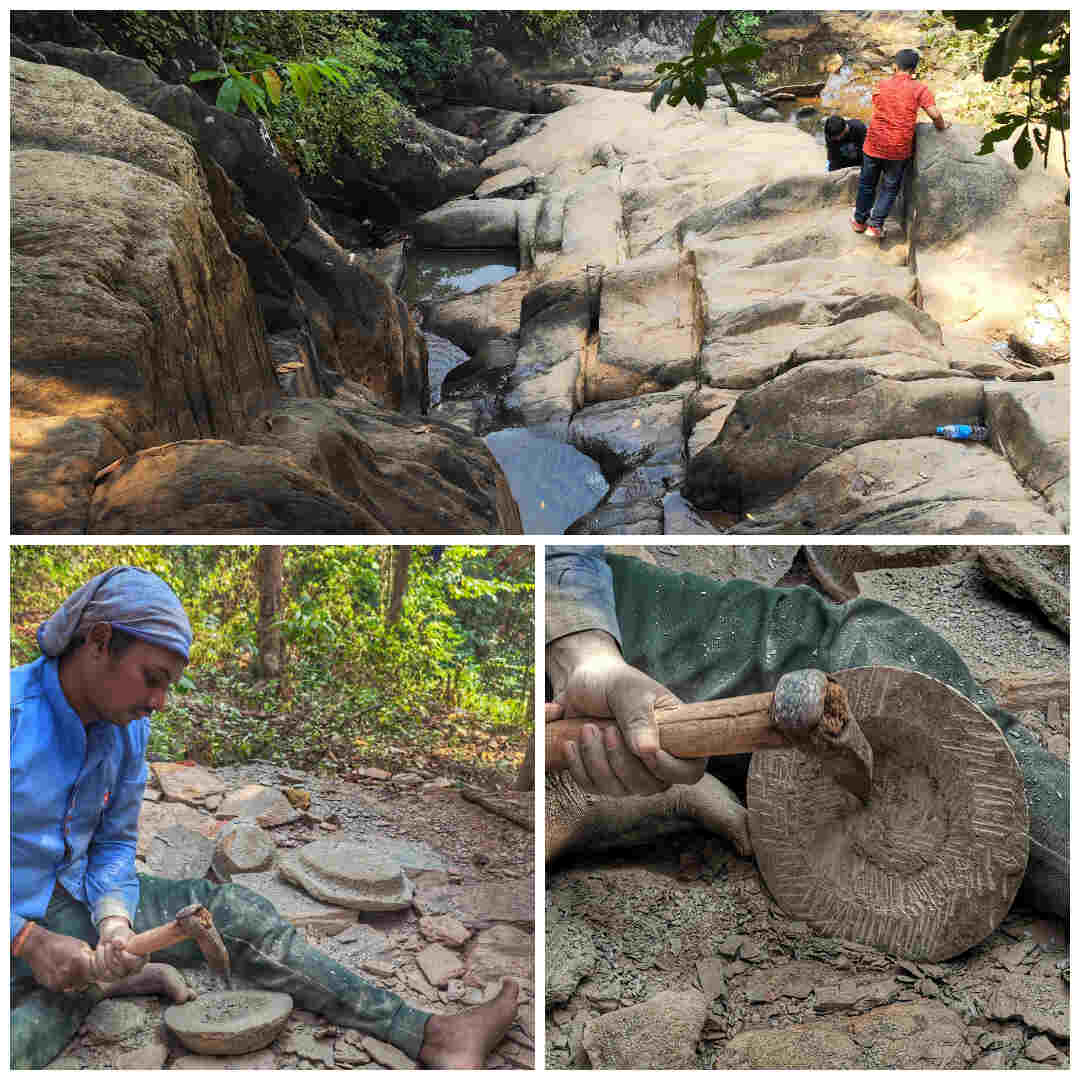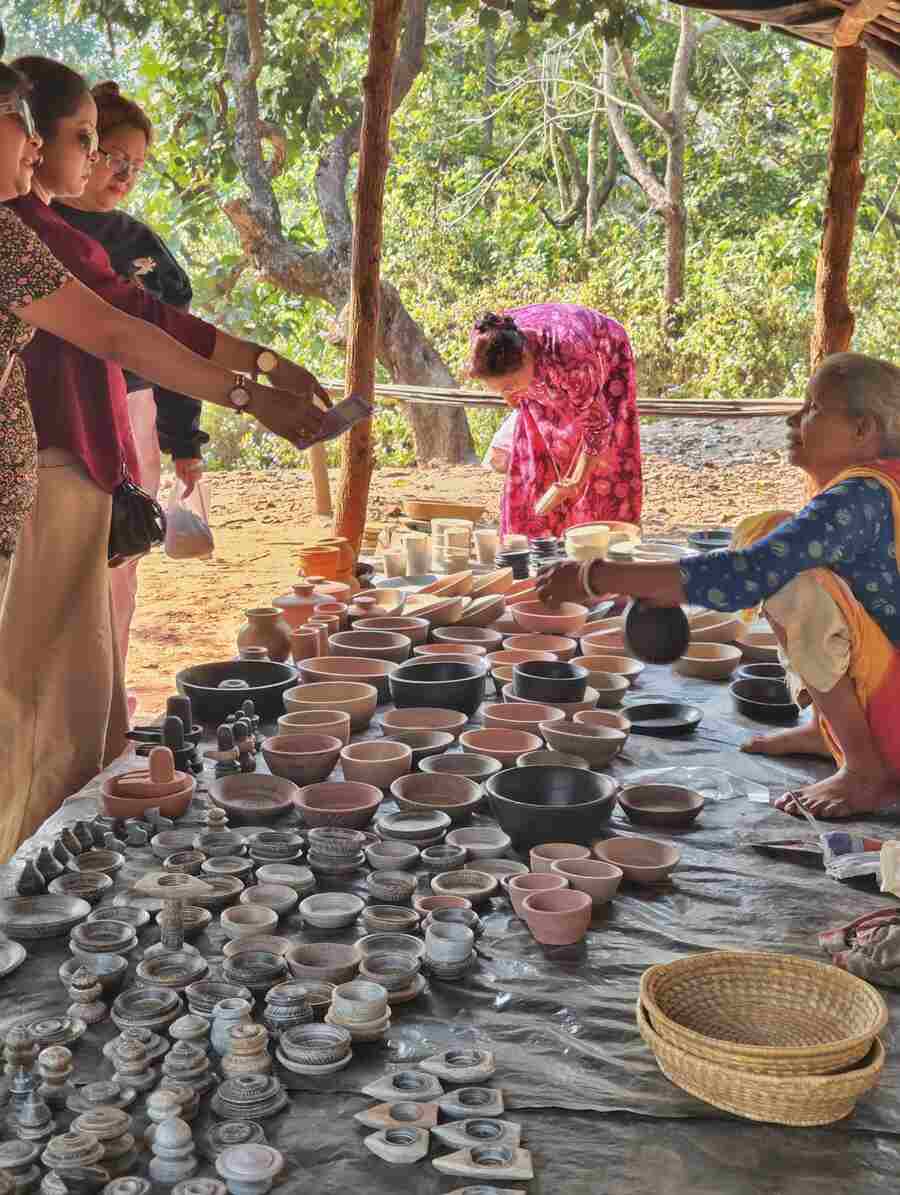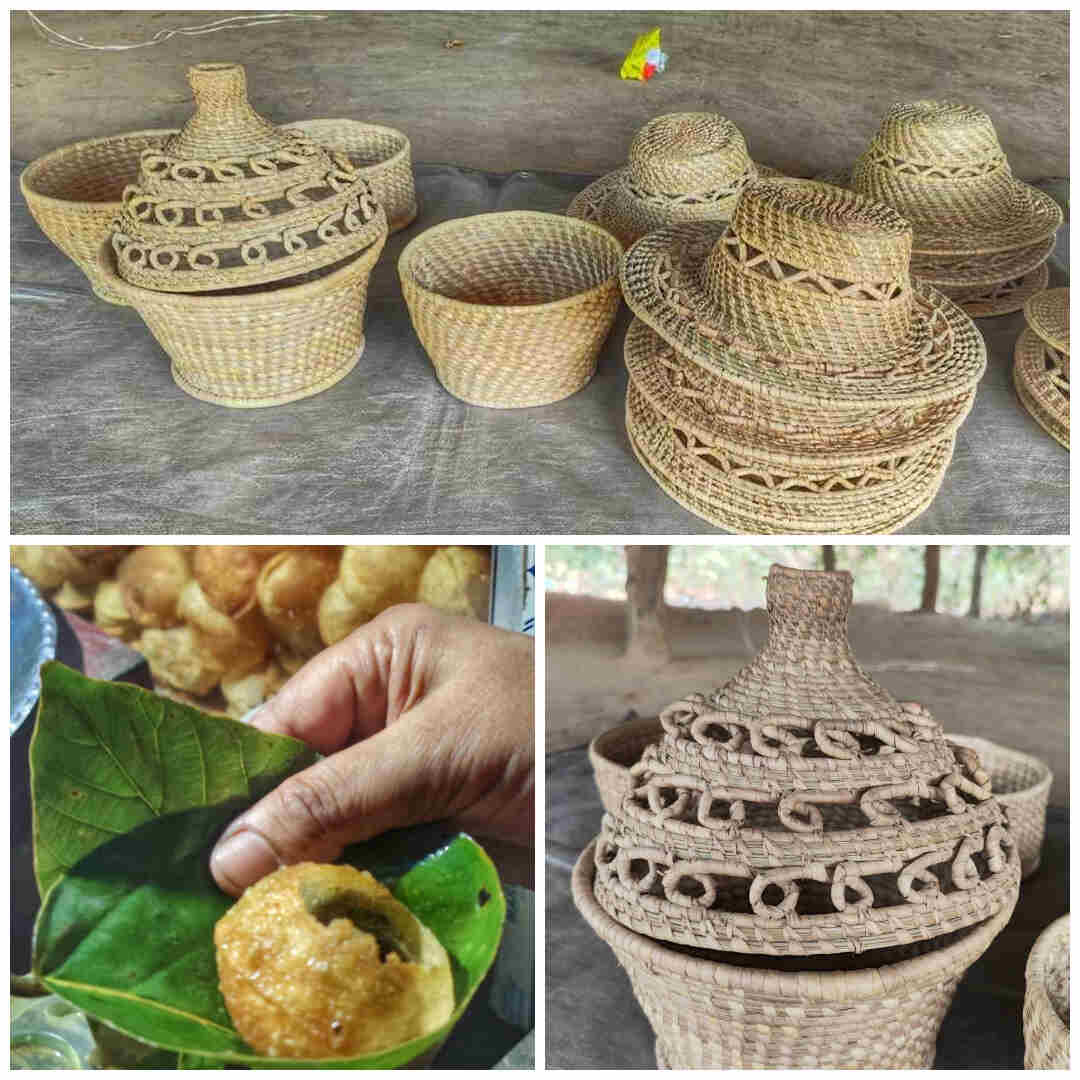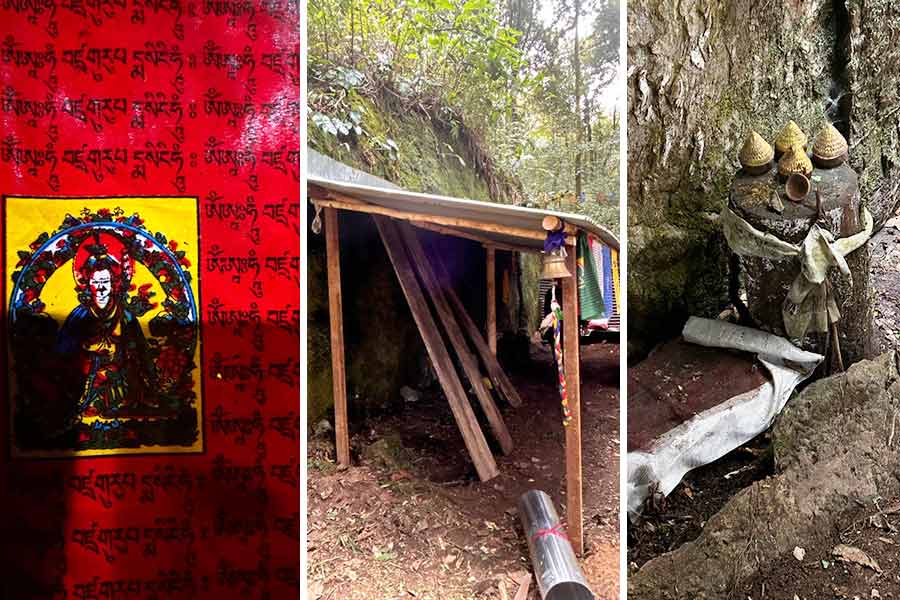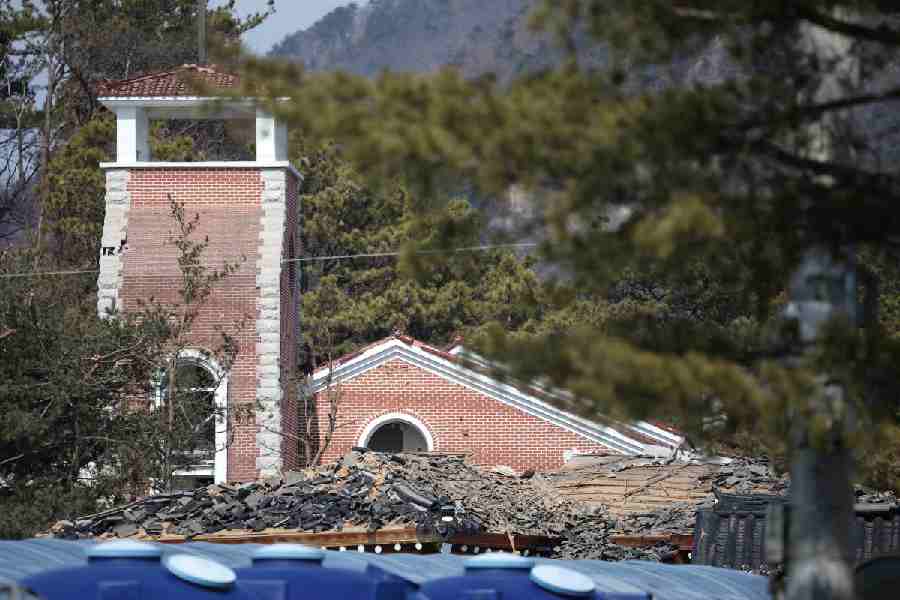ADVERTISEMENT
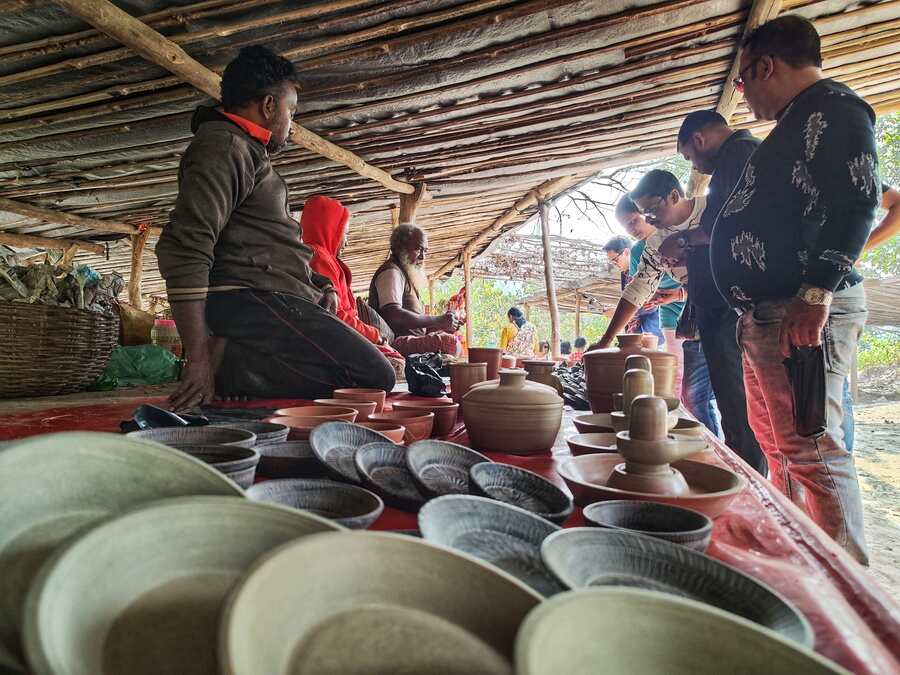
5
5
Pottery is made by lending shape to a mound of clay into objects of the desired shape and heating them to high temperatures in a kiln which helps removing all the water from the clay. The process induces reactions that lead to permanent changes, including increasing their strength and hardening and setting their shape
